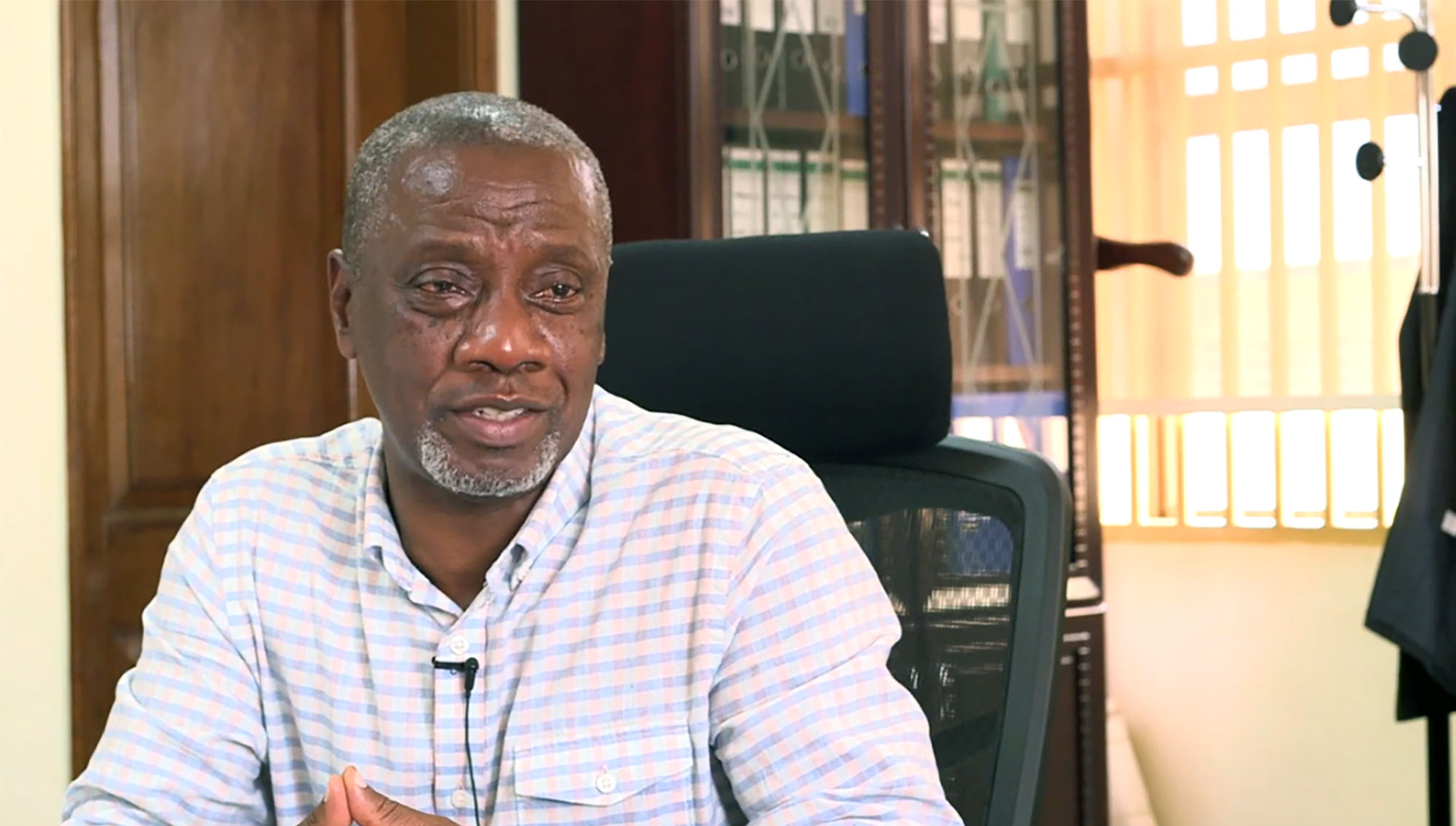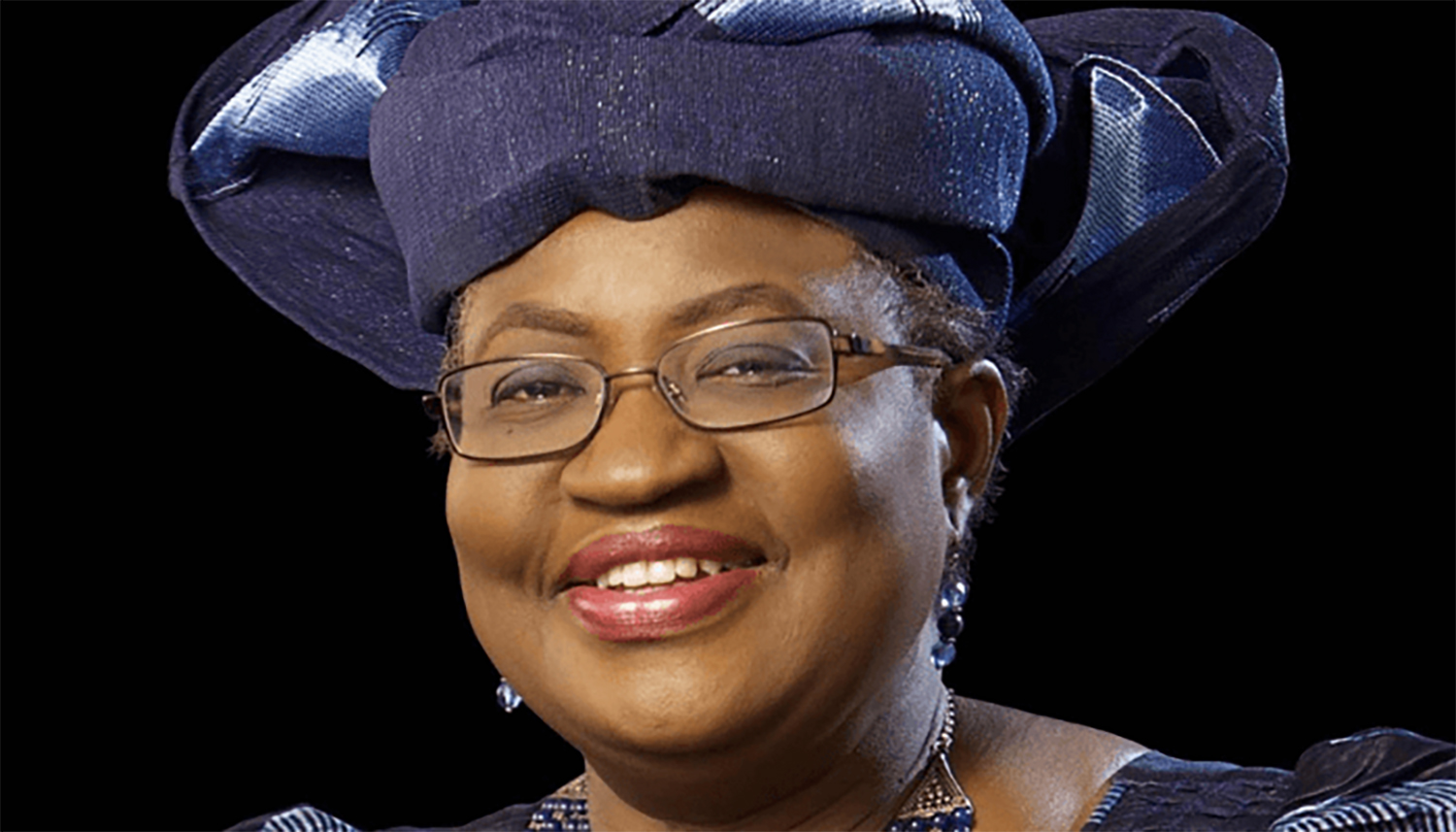Vibrant CSOs crucial for economic development - Bainomugisha

Arthur Bainomugisha, the ACODE Executive Director
Civil Society Organizations (CSOs) play a critical role in driving socio-economic change especially in developing countries like Uganda. Apart from collaborating with the government to enhance service delivery across various sectors, they also engage in policy advocacy, research, and capacity building. The Business Edge’s Pedson Mumbere talked to Arthur Bainomugisha, the Executive Director of ACODE, about the contribution of CSOs to Uganda’s economic development. Excerpts.
How do CSOs collaborate with the government to improve service delivery?
CSOs work closely with the government by providing research, policy analysis, and recommendations that help shape public policy. They also monitor the implementation of government programs and hold authorities accountable. This collaboration ensures that services are delivered efficiently and effectively, thus benefiting the broader population.
In what ways for example, do CSOs contribute to the education sector in Uganda?
CSOs contribute to the education sector by advocating for better educational policies, providing scholarships to underprivileged children, and supporting infrastructure development. They also run programs that focus on teacher training, curriculum development, and increasing access to quality education for all children, especially those in rural areas.
Healthcare is another critical area. How do CSOs impact healthcare services?
In healthcare, CSOs play a pivotal role by advocating for improved healthcare policies, providing health education, and supporting healthcare infrastructure development. They run community health programs, offer training to healthcare workers, and help in the distribution of essential medical supplies. Their efforts enhance the overall healthcare delivery system in Uganda.
Access to energy is vital for economic development. How are CSOs involved in this sector?
CSOs promote energy access by advocating for sustainable energy policies, supporting renewable energy projects, and raising awareness about the importance of clean energy. They work with communities to implement solar energy projects and other renewable energy solutions, which not only improve living standards but also support local economic activities.
Please elaborate on the role of CSOs in policy advocacy and governance?
CSOs are instrumental in policy advocacy and governance by conducting research, generating data, and providing evidence-based recommendations to policymakers. They engage in dialogue with government officials, participate in policy formulation processes, and advocate for transparency, accountability, and good governance practices.
What challenges do CSOs face in their efforts to drive economic development?
CSOs face several challenges, including limited funding, restrictive regulations, and political interference. Additionally, there is often a lack of coordination among CSOs, which can lead to duplication of efforts. Despite these challenges, CSOs remain resilient and continue to work towards their mission of fostering economic development.
How do CSOs ensure that their initiatives are sustainable and have a long-term impact?
CSOs focus on building local capacity, promoting community ownership of projects, and fostering partnerships with various stakeholders. By involving community members in the planning and implementation of projects, CSOs ensure that initiatives are sustainable and have a lasting impact.
What role do partnerships play in the success of CSO initiatives?
Partnerships are crucial for the success of CSO initiatives. Collaborating with government agencies, private sector entities, international organizations, and other CSOs enables resource sharing, knowledge exchange, and increased impact. These partnerships enhance the effectiveness and reach of CSO activities.
What message would you like to convey to other CSOs working towards economic development in Uganda?
My message to fellow CSOs is to remain committed to our shared goal of driving economic development in Uganda. Despite the challenges we face, our collective efforts can create significant positive change. Let’s continue to collaborate, innovate, and advocate for the betterment of our communities and the country as a whole.
Do you think the government takes CSOs seriously, especially considering the recent closure of some organizations by the government of Uganda?
The relationship between the government and CSOs can be complex. While there are instances where the government has recognized and appreciated the vital role that CSOs play in socio-economic development, there have also been challenges. The closure of some CSOs is concerning and highlights the need for a more conducive environment for civil society to operate effectively.
It's important for the government to understand that a vibrant civil society is crucial for democracy, good governance, and sustainable development. Constructive engagement and dialogue between the government and CSOs are essential to address misunderstandings and build a collaborative partnership. Despite these challenges, we remain committed to our mission and continue to work towards the betterment of our communities and the country.

































